Studies in Historical Ecology of India
Synopsis
The book in hand is a collection of unpublished papers presented to various seminars during 1980-1990. The thread running through all the papers is the understanding that all problems of ecology and environment faced by India today have arisen for the simple reason that man and his culture have been left out of the basic vision of contemporary ecology. Entire book is an argument in favour of understanding the role that culture as whole plays in sustaining human environment and ecology and how spread of acculturation as a result of paradigmatic transformation of society results in the destruction of nature all around. It is also argued on the basis of some illustrations from contemporary Europe that change in the ecological situation is possible if a paradigmatic reversal of vision takes place. As an illustration of the role of culture in sustaining nature in good health, in spite of tremendous development of urbanization and expansion of trade and commerce, the author discusses the ecological situation prevailing during the past millennium on the basis of a diversity of primary sources from Arabic, Persian, Portuguese and English languages to present data in support of his contention that it was culture as a complex that sustained nature during the entire ancient and medieval times. The book in hand shows that historical and cultural sources of the past of India do provide information about the ecological situation then prevailing. These sources may be used fruitfully for studies of the various aspects of ecology in both macro and micro level studies. The book adds a new virtually unexplored aspect of society to both historical and ecological studies.
Read more
35.10
31.59
$
39.00 $
Free delivery Wolrdwidе in 10-18 days
Ships in 1-2 days from New Delhi
Membership for 1 Year $35.00
Get it now and save 10%
Get it now and save 10%
BECOME A MEMBER


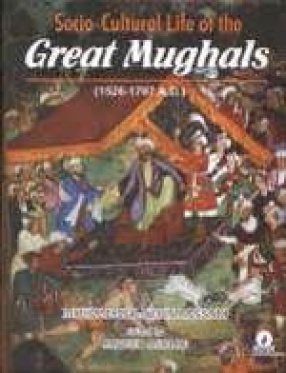
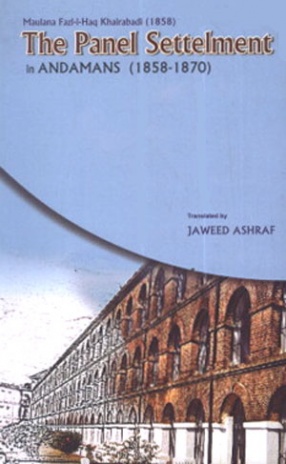
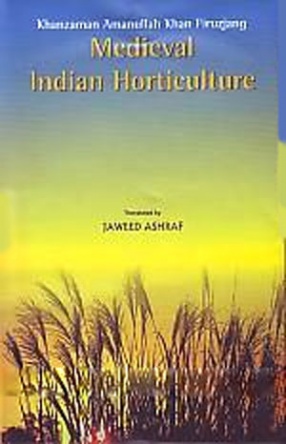
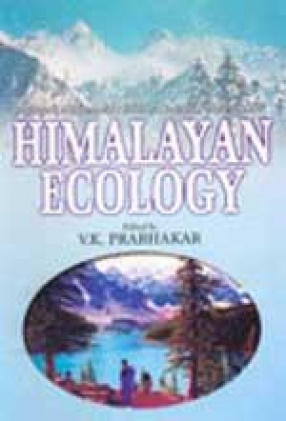
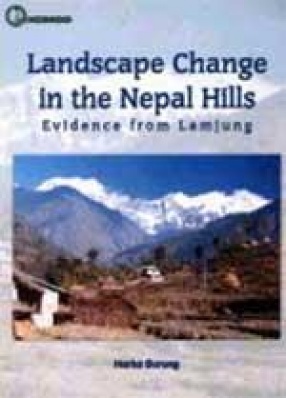
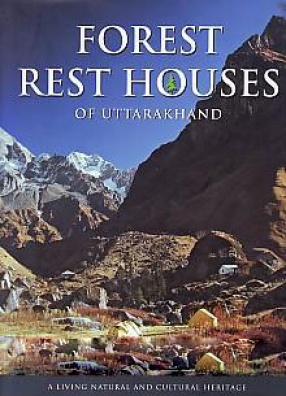
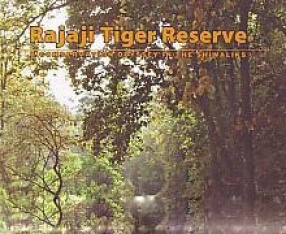

Bibliographic information